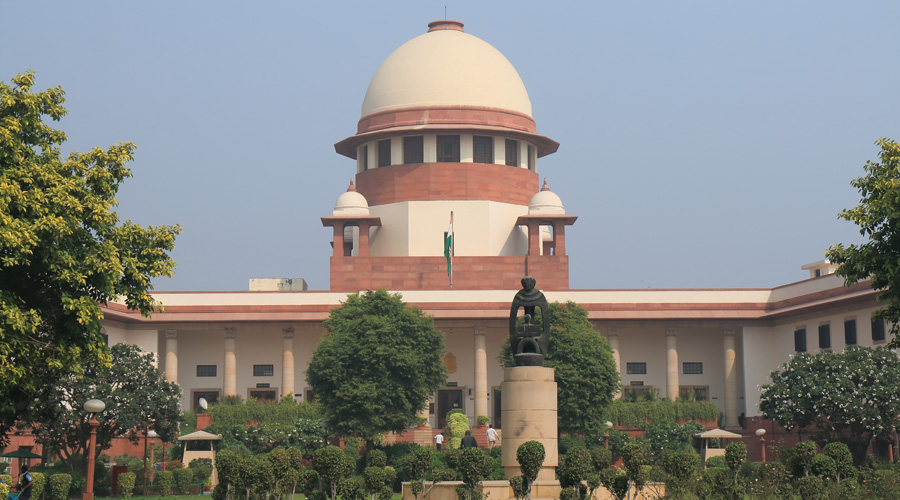The Supreme Court on Friday passed directions to courts, prosecution and police to curb rising instances of dowry deaths, quoting a United Nations report to say that dowry deaths account for 40 to 50 per cent of female homicides recorded annually in India.
A bench of Chief Justice N.V. Ramana and Justice Aniruddha Bose said IPC Section 304-B, which imposes a minimum sentence of seven years in jail and a maximum of life imprisonment for dowry killings, was one among the many legislative initiatives undertaken by Parliament to remedy a long-standing social evil, but care must also be taken to ensure that innocent people are not harassed.
“There is no denying that such a social evil is persisting even today. A study titled ‘Global Study on Homicide: Gender-related Killing of Women and Girls”, published by the United Nations Office on Drugs and Crime, highlighted that in 2018 female dowry deaths accounted for 40 to 50 per cent of all female homicides recorded annually in India,” the court said.
_“The dismal truth is that from the period 1999 to 2016, these figures have remained constant. In fact, the latest data furnished by the National Crime Records Bureau indicate that in 2019 itself, 7,115 cases were registered under Section 304-B, IPC, alone. Considering the significance of such a legislation, a strict interpretation would defeat the very object for which it was enacted,” Justice Ramana, who authored the judgment, said.
The court passed the following directions for the prosecution, police and the courts while upholding the conviction of Satvir Singh of Haryana and anther family member in a dowry death case:
⚫ IPC Section 304-B must be interpreted keeping in mind the legislative intent to curb the social evils of bride burning and dowry demand.
⚫ The prosecution must at first establish the existence of the necessary ingredients for constituting an offence under Section 304-B. Once these ingredients are satisfied, the prosecution must prove the guilt of the accused. Under Section 113-B of the Evidence Act, the burden of proof in dowry cases lies on the accused and there is a provision for them to rebut the charges.
⚫ The phrase “soon before” an alleged dowry death in IPC Section 304-B cannot be construed to mean that the torture had taken place “immediately before”. The prosecution must establish the existence of “proximate and a live link” between the dowry death and the cruelty or harassment by the husband and/or his relatives.
⚫Trial courts that examine an accused cannot adopt a casual approach in dowry death cases.
“It is a matter of grave concern that often trial courts record the statement under Section 313, CrPC, in a very casual and cursory manner, without specifically questioning the accused as to his defence. It ought to be noted that the examination of an accused under Section 313, CrPC, cannot be treated as a mere procedural formality, as it is based on the fundamental,” Justice Ramana said.
He added: “This aforesaid provision incorporates the valuable principle of natural justice ‘audi alteram partem’ (hear the other side) as it enables the accused to offer an explanation for the incriminatory material appearing against him. Therefore, it imposes an obligation on the court to question the accused fairly, with care and caution.”
CJI Ramana further said that CrPC Section 232 provides that “if, after taking the evidence for the prosecution, examining the accused and hearing the prosecution and the defence on the point, the judge considers that there is no evidence that the accused committed the offence, the judge shall record an order of acquittal”.
Once the trial court decides that the accused is not eligible to be acquitted as per the provisions of CrPC Section 232, it must move on and fix hearings specifically for “defence evidence”, calling upon the accused to present his case, which is also an invaluable right provided to him.
However, the Supreme Court cautioned that the trial courts need to ensure speedy trial and also prevent abuse of the dowry law provisions to harass innocent family members.
“Undoubtedly… the menace of dowry death is increasing day by day. However, it is also observed that sometimes family members of the husband are roped in, even though they have no active role in commission of the offence and are residing at distant places. In these cases, the court need to be cautious in its approach,” Justice Ramana said.











